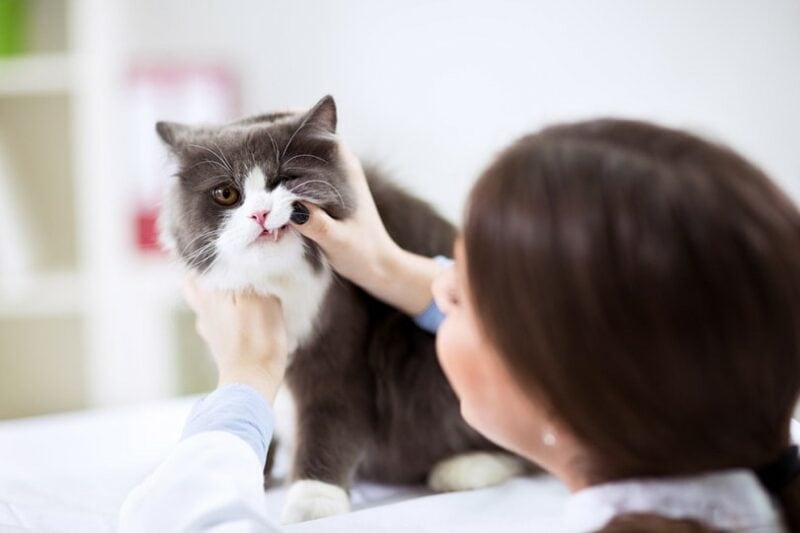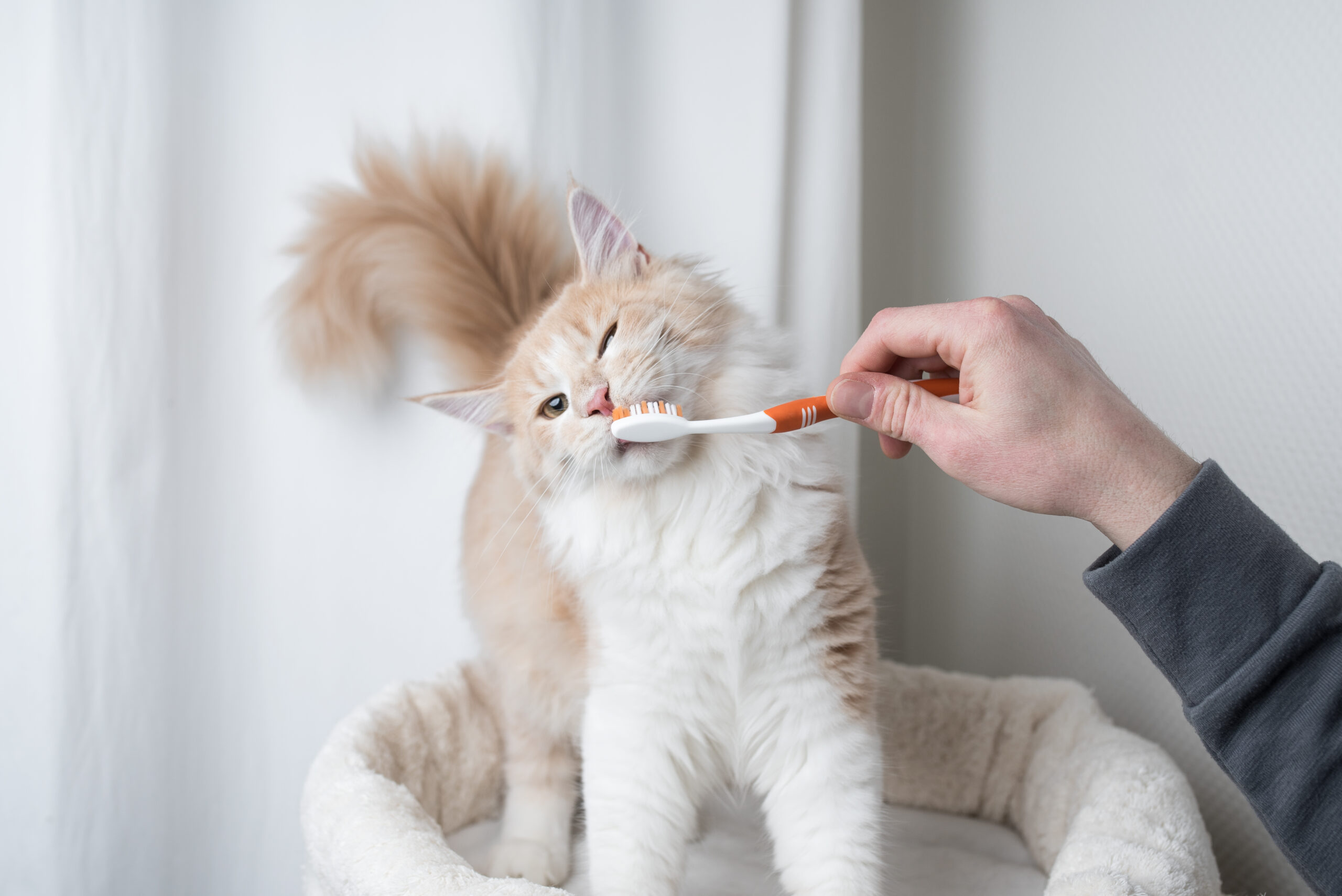If you want to ensure your Persian cat has strong and healthy teeth, there are a few tips you should keep in mind. Dental health is important for cats of all breeds, but Persian cats, with their unique and adorable flat faces, require a little extra care. Regular brushing, providing dental treats, and incorporating dry food into their diet are all ways you can keep your Persian cat’s teeth in tip-top shape. In this article, we’ll explore these tips in more detail, giving you the knowledge to help your furry friend maintain a winning smile. So let’s dive in and learn how to keep those pearly whites shining bright!
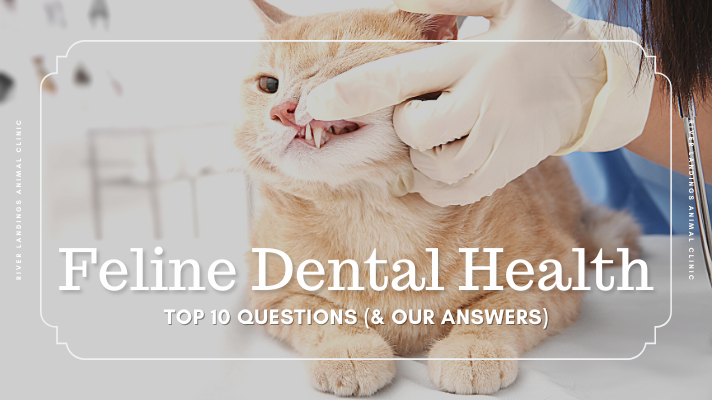
Benefits of Good Dental Health for Persian Cats
Good dental health is essential for Persian cats to maintain their overall well-being. By taking care of your Persian cat’s teeth, you can prevent common dental diseases, promote good overall health, reduce the risk of gum inflammation, and improve their quality of life.
Preventing dental diseases
Regular dental care plays a significant role in preventing dental diseases in Persian cats. By establishing a daily dental care routine, you can prevent issues like periodontal disease, gingivitis, tooth resorption, stomatitis, and malocclusion. These dental diseases can cause discomfort, pain, and even lead to other health issues if left untreated.
Maintaining overall health
Good dental health is closely linked to the overall health of Persian cats. Poor oral hygiene can lead to bacteria buildup, which can enter the bloodstream and affect various organs, including the heart, liver, and kidneys. By maintaining good dental health, you can help prevent the risk of systemic diseases and support your Persian cat’s overall well-being.
Reducing risk of gum inflammation
Gum inflammation, also known as gingivitis, is a common problem among Persian cats. It can cause swollen and bleeding gums, and if left untreated, it can progress to more severe periodontal diseases. By practicing regular dental care and maintaining good oral hygiene, you can significantly reduce the risk of gum inflammation and promote healthy gums in your Persian cat.
Improving quality of life
By ensuring good dental health for your Persian cat, you can greatly improve their quality of life. Dental problems can cause pain, discomfort, and difficulty eating or chewing, which can significantly impact their daily activities and overall happiness. By promoting good dental health, you can help your Persian cat enjoy their meals, have fresh breath, and avoid dental pain, leading to a happier and healthier life.
Signs and Symptoms of Dental Problems in Persian Cats
Identifying the signs and symptoms of dental problems in Persian cats is crucial in addressing their dental health needs. By recognizing these signs early on, you can seek proper treatment and prevent further complications.
Bad breath
One of the most common signs of dental problems in Persian cats is bad breath, also known as halitosis. If your Persian cat has persistent bad breath, it may indicate the presence of bacteria and dental issues that need attention.
Excessive drooling
Excessive drooling in Persian cats can be a sign of dental problems, such as gum inflammation or tooth decay. If you notice your cat drooling excessively, it’s essential to have their dental health checked by a veterinarian.
Loss of appetite
Dental problems can make eating painful for Persian cats, leading to a loss of appetite. If your cat is avoiding their food or showing a decreased interest in eating, it may be a sign of dental issues that require attention.
Difficulty eating or chewing
If your Persian cat is having trouble eating or chewing their food, it could be due to dental problems. Dental pain or discomfort may make it challenging for them to bite, chew, and swallow, affecting their nutritional intake.
Pawing at the mouth
If you observe your Persian cat pawing at their mouth or face frequently, it may indicate oral pain or discomfort. They may be trying to alleviate the pain or remove any foreign objects stuck in their teeth or gums.
Swollen or bleeding gums
Swollen or bleeding gums are common signs of gum inflammation, gingivitis, or periodontal disease in Persian cats. If you notice these symptoms, it’s important to seek veterinary care to prevent further complications.
Yellow or brown tartar buildup
The accumulation of yellow or brown tartar on your Persian cat’s teeth is a visible sign of dental problems. This buildup can harbor bacteria and contribute to various dental diseases. Regular dental care can help prevent and remove tartar buildup, maintaining their oral health.
Daily Dental Care Routine for Persian Cats
Establishing a daily dental care routine is crucial for maintaining good dental health in Persian cats. By incorporating effective dental care practices into your cat’s daily routine, you can keep their teeth clean, prevent dental diseases, and ensure their overall well-being.
Brushing their teeth
Regular brushing of your Persian cat’s teeth is the foundation of their dental care routine. Using a pet-specific toothbrush and toothpaste, gently brush their teeth to remove plaque, tartar, and bacteria. Aim to brush their teeth at least two to three times a week, gradually increasing the frequency as they become more comfortable.
Choosing the right toothbrush and toothpaste
When choosing a toothbrush for your Persian cat, opt for a soft-bristled toothbrush with a small head. This will allow you to navigate their mouth more easily and avoid causing discomfort. Additionally, choose a toothpaste specifically formulated for cats, as human toothpaste can be harmful if swallowed.
Establishing a regular brushing schedule
Consistency is key when it comes to brushing your Persian cat’s teeth. Establish a regular brushing schedule and stick to it. This will help your cat become accustomed to the routine and make the experience less stressful for both of you.
Getting your Persian cat comfortable with teeth brushing
Introducing your Persian cat to teeth brushing gradually is essential to make the experience more tolerable for them. Start by allowing them to sniff and lick the toothpaste, then gradually introduce the toothbrush and gently brush their teeth. Offer positive reinforcement and reward them with treats or praise to create a positive association with brushing.
Other alternative dental care options
If your Persian cat is resistant to teeth brushing, there are alternative dental care options available. Dental wipes or dental rinses can help remove plaque and bacteria from their teeth. Dental treats, toys, and chews designed to promote oral health can also be incorporated into their dental care routine.
Professional Dental Cleaning for Persian Cats
Regular professional dental cleaning is essential for maintaining the oral health of Persian cats. While daily dental care is crucial, there are instances when professional cleaning under veterinary supervision becomes necessary.
When is professional cleaning necessary?
Professional dental cleaning is typically recommended when your Persian cat develops significant tartar buildup, gum inflammation, or dental diseases that require more advanced treatment. Your veterinarian will assess your cat’s dental health and determine if professional cleaning is necessary.
The procedure and anesthesia
During a professional dental cleaning, your Persian cat will be placed under anesthesia for their safety and to ensure a thorough evaluation and cleaning. The procedure involves scaling to remove tartar, polishing to smooth the teeth’s surface, and potential extractions if necessary. Anesthesia also ensures your cat remains calm and comfortable throughout the process.
Risks and complications to consider
While professional dental cleaning is generally safe, there are risks and complications associated with anesthesia. It’s important to discuss these risks with your veterinarian and ensure your cat is in good overall health before the procedure. Regular dental care and preventive measures can help minimize the need for frequent professional cleanings.
Post-cleaning care and prevention
After a professional dental cleaning, your veterinarian may prescribe antibiotics or pain medication if necessary. Follow their instructions for post-cleaning care, including any dietary recommendations or restrictions. Regular dental care at home, such as brushing and providing dental care treats or toys, can help prevent the need for future professional cleanings.
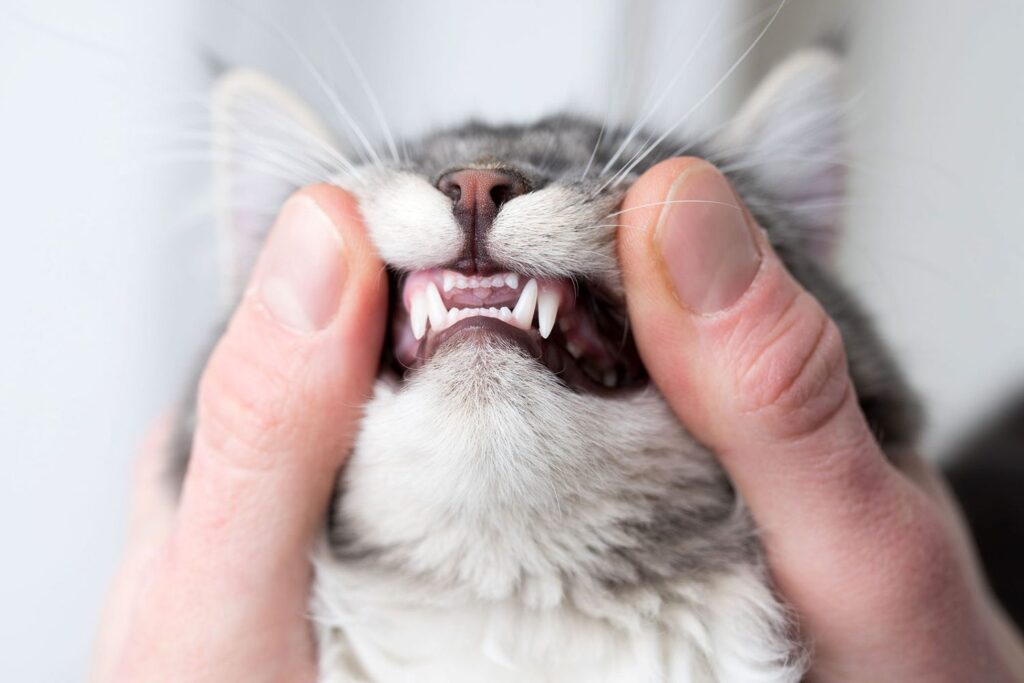
Importance of Diet in Maintaining Dental Health
The diet you choose for your Persian cat can significantly impact their dental health. Proper nutrition plays a vital role in maintaining healthy teeth, gums, and overall dental well-being.
Choosing a high-quality cat food
Opt for a high-quality cat food that supports your Persian cat’s dental health. Look for food options with a specific focus on dental care, such as kibble formulated to reduce tartar buildup. Avoid low-quality food with excessive fillers and sugars that can contribute to dental issues.
Feeding wet food for oral health
In addition to providing dry kibble, incorporating wet food into your Persian cat’s diet can be beneficial for their oral health. Wet food helps keep the mouth moist, reducing the risk of dry mouth and promoting saliva production, which has natural antibacterial properties.
Avoiding excessive treats and table scraps
While treats can be a fun part of your Persian cat’s diet, it’s important to avoid excessive treat consumption. Treats high in sugars and carbohydrates can contribute to dental issues. Similarly, avoid feeding your cat table scraps, as certain human foods can be harmful to their teeth and overall health.
Supplementing with dental health treats or toys
Supplementing your Persian cat’s diet with dental health treats or toys can aid in maintaining their oral hygiene. Dental treats designed to promote chewing and teeth cleaning can help remove plaque and tartar buildup. Toys specifically made to promote dental health can also be beneficial, as they encourage chewing and help prevent dental issues.
Common Dental Issues Persian Cats Face
Persian cats are prone to certain dental issues that require attention and preventive measures. By being aware of these common dental problems, you can take the necessary steps to maintain your Persian cat’s dental health.
Periodontal disease
Periodontal disease is a prevalent dental problem in Persian cats. It is characterized by inflammation and infection of the gums and surrounding tissues. Regular dental care and professional cleanings are essential to prevent, manage, and treat periodontal disease.
Gingivitis
Gingivitis refers to the inflammation of the gums and is often caused by poor oral hygiene. Persian cats with gingivitis may exhibit swollen and bleeding gums, bad breath, and a decreased appetite. Early detection and prompt treatment are crucial to prevent the progression of gingivitis.
Tooth resorption
Tooth resorption is a painful condition where the body’s cells absorb the structure of a tooth, leading to its deterioration. Persian cats are more prone to tooth resorption, and affected teeth may need to be extracted. Regular dental check-ups can help identify tooth resorption early, allowing for timely intervention.
Stomatitis
Stomatitis is a severe, chronic inflammation of the mouth and gums. Persian cats can be predisposed to stomatitis, which can cause significant discomfort and difficulty eating. Treatment options may involve a combination of dental care, medication, and, in severe cases, the extraction of affected teeth.
Malocclusion
Malocclusion refers to improper alignment of the teeth, which can result in difficulty chewing and potential dental issues. Persian cats may be prone to malocclusion due to their distinct facial structure. Regular dental check-ups can help identify malocclusion early and determine the appropriate treatment options.
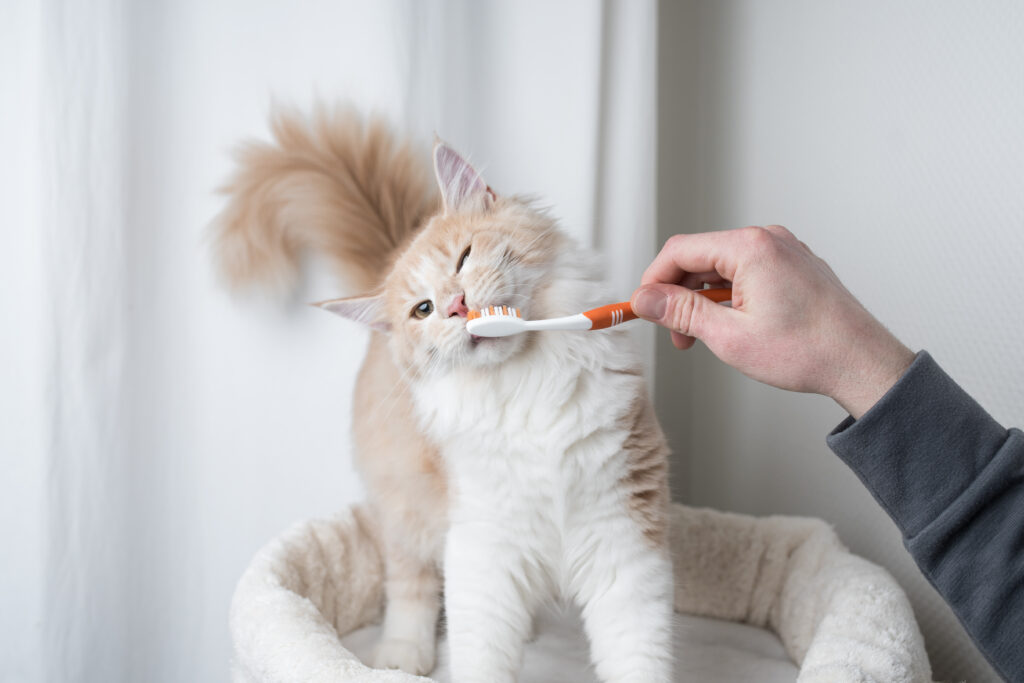
Tips for Preventing Dental Problems in Persian Cats
Prevention is key when it comes to maintaining good dental health in Persian cats. By following these tips, you can help prevent dental problems and ensure your Persian cat’s oral health.
Regular dental check-ups
Schedule regular dental check-ups with your veterinarian to monitor your Persian cat’s dental health. These check-ups allow for early detection of dental issues, prompt treatment, and preventive measures.
Providing appropriate chew toys
Chew toys specifically designed for dental health can help stimulate your Persian cat’s natural chewing instincts and aid in teeth cleaning. Opt for toys that promote chewing and provide a beneficial dental exercise.
Managing stress and anxiety
Stress and anxiety can impact your Persian cat’s oral health. Ensure a calm and stress-free environment for your cat, providing them with safe spaces and plenty of mental stimulation. Consider using pheromone diffusers or other calming aids to help alleviate any potential stressors.
Monitoring their oral hygiene
Regularly monitor your Persian cat’s oral hygiene for any signs of plaque, tartar buildup, or redness in their gums. If you notice any concerning changes, consult your veterinarian for guidance and take appropriate action to address the issue.
Natural Remedies for Maintaining Dental Health
In addition to regular dental care, natural remedies can be used to maintain the dental health of Persian cats. These remedies can help alleviate minor issues, promote gum health, and provide additional support to your cat’s oral hygiene.
Coconut oil for oral health
Coconut oil has natural antibacterial properties and can be beneficial for your Persian cat’s oral health. You can apply a small amount of coconut oil to their teeth and gums or mix it into their food. Coconut oil can help reduce inflammation, fight bacteria, and improve overall oral hygiene.
Aloe vera for soothing gums
Aloe vera gel can be soothing for inflamed gums in Persian cats. Apply a small amount of aloe vera gel to their gums with a soft cloth or your finger. It can help alleviate discomfort and promote gum health. Ensure to use pure aloe vera gel without any added chemicals or ingredients that can be harmful to cats.
Chamomile tea for inflammation
Chamomile tea, when cooled and diluted, can be used as a rinse to soothe inflamed gums in Persian cats. Brew chamomile tea, let it cool, strain it, and use the diluted tea as a mouth rinse for your cat. Chamomile has anti-inflammatory properties and can help reduce gum inflammation.
Raw bones for teeth cleaning
Raw bones can aid in teeth cleaning for Persian cats. Raw poultry or beef bones that are safe for consumption can be given to your cat as a recreational chew. The chewing action helps remove plaque and tartar buildup, promoting healthier teeth and gums. Ensure the bones are appropriate in size and monitor your cat while they chew to prevent any choking hazards.
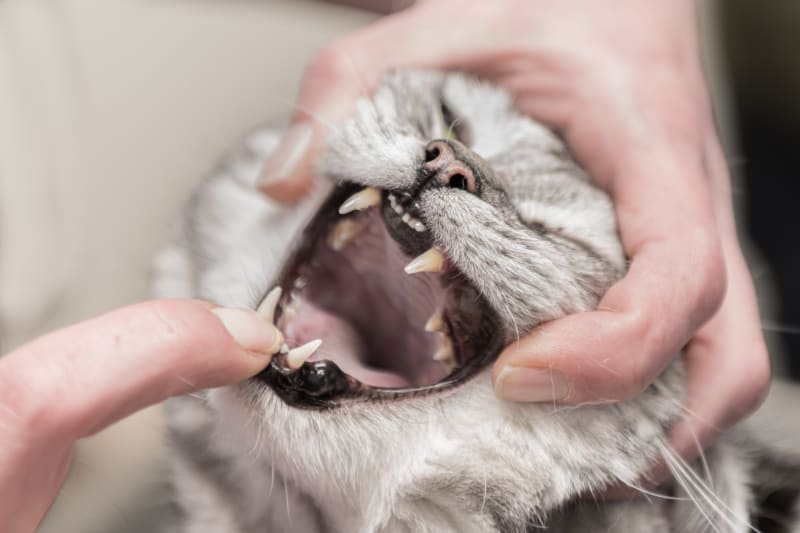
Supplements for Dental Health in Persian Cats
Supplements can provide additional support for your Persian cat’s dental health. These supplements can help reduce inflammation, improve gum health, and promote overall oral hygiene.
Probiotics for oral health
Probiotics can be beneficial for maintaining oral health in Persian cats. They help promote a healthy balance of oral bacteria and support gum health. Consult your veterinarian for cat-specific probiotic supplements and follow their recommended dosage.
Fish oil for reducing inflammation
Fish oil supplements can help reduce inflammation in Persian cats, including inflammation in the gums and mouth. The omega-3 fatty acids found in fish oil have anti-inflammatory properties that can promote healthier gums and overall oral health. Consult your veterinarian for appropriate fish oil supplements and dosage.
Vitamin C for gum health
Vitamin C is important for gum health in Persian cats. It supports collagen production, which contributes to healthy gums and prevents gum inflammation. Ensure that any vitamin C supplements are cat-specific and consult with your veterinarian for proper dosage and administration.
Calcium and phosphorus for strong teeth
Calcium and phosphorus are essential minerals in maintaining strong teeth in Persian cats. These minerals contribute to tooth structure and strength. Feed a balanced and nutritious diet that includes appropriate levels of calcium and phosphorus, or consult with your veterinarian about potential supplements.
FAQs about Persian Cats and Dental Health
What is the best age to start brushing a Persian cat’s teeth?
It is best to start brushing a Persian cat’s teeth at a young age, ideally during their kittenhood. This allows them to get accustomed to the routine and makes it easier to maintain their oral hygiene as they grow older. However, it’s never too late to start dental care, and cats of all ages can benefit from regular teeth brushing.
Can dental problems lead to other health issues?
Yes, dental problems in Persian cats can potentially lead to other health issues. Poor dental health can contribute to the development of systemic diseases, such as kidney, liver, or heart diseases, due to the spread of bacteria from the mouth to other organs. It is crucial to address dental problems promptly to prevent further complications.
How often should a Persian cat have their teeth professionally cleaned?
The frequency of professional dental cleanings for Persian cats depends on their individual dental health and needs. While some cats may require professional cleanings every 1-2 years, others may need more frequent cleanings. Your veterinarian will assess your cat’s dental health during regular check-ups and recommend a suitable cleaning schedule.
Are there any home remedies for treating gingivitis in Persian cats?
While home remedies can provide temporary relief, they are not substitutes for professional veterinary care. If you suspect your Persian cat has gingivitis, it is best to consult your veterinarian for an accurate diagnosis and appropriate treatment plan. Home remedies like rinsing with diluted chamomile tea or applying a small amount of aloe vera gel may offer temporary relief, but underlying dental issues should be addressed by a veterinary professional.
What should I do if I suspect my Persian cat has a toothache?
If you suspect your Persian cat has a toothache, it is essential to seek veterinary care promptly. Toothaches can be extremely painful and may indicate underlying dental issues that require attention. Your veterinarian will be able to evaluate your cat’s dental health, provide a proper diagnosis, and recommend appropriate treatment options to alleviate their pain and resolve the issue.
